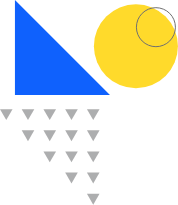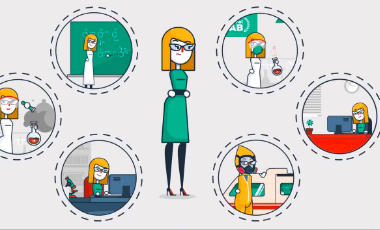Careers & the Chemical Sciences
What can you do with a chemistry degree?
Explore over 40 fields and find the right path wherever you are in your career.


Areas of Chemistry
Learn how each area of training prepares you for a career in the chemical sciences.
Where are you interested in working?
Meet Real World Chemists
Find out what professionals in the chemical sciences do each day in specific roles.













